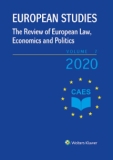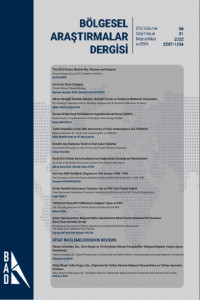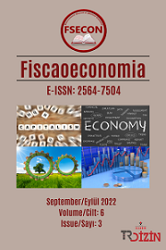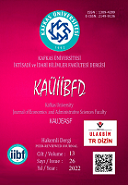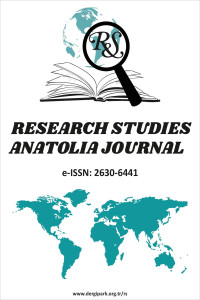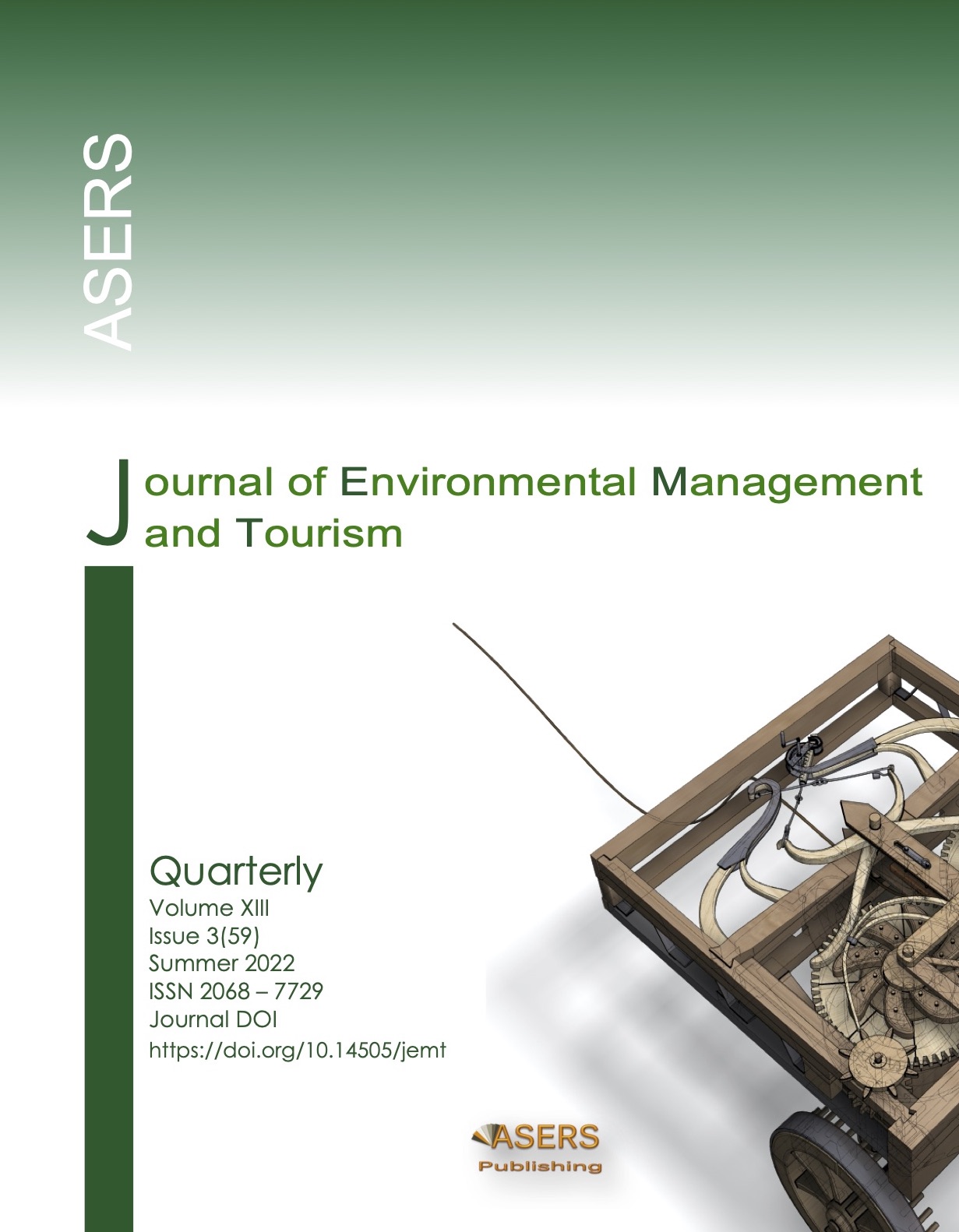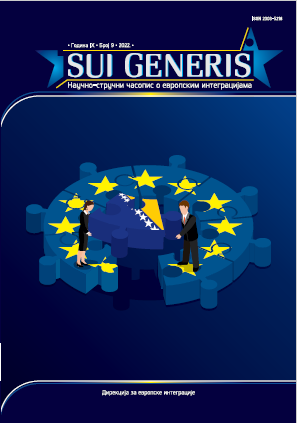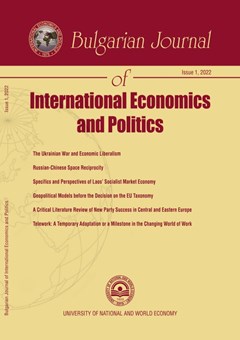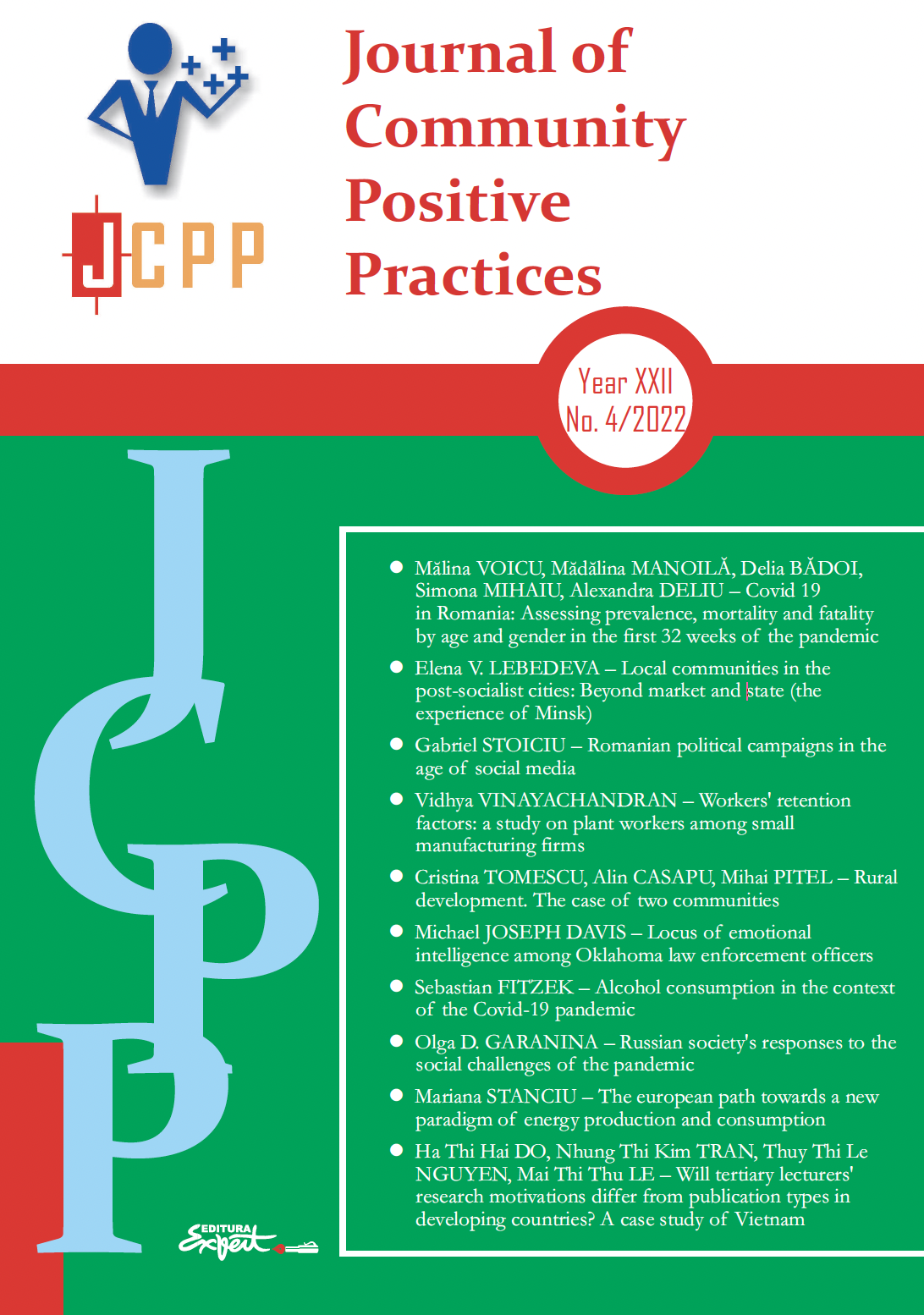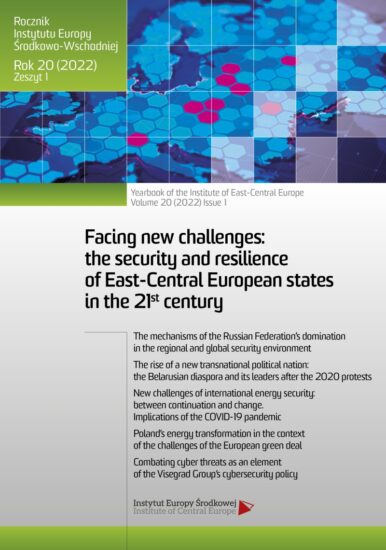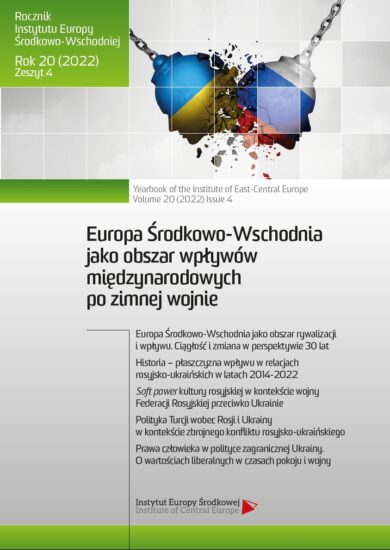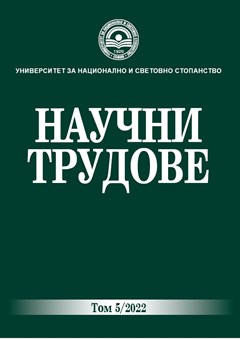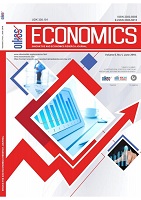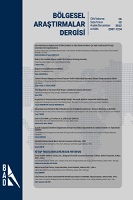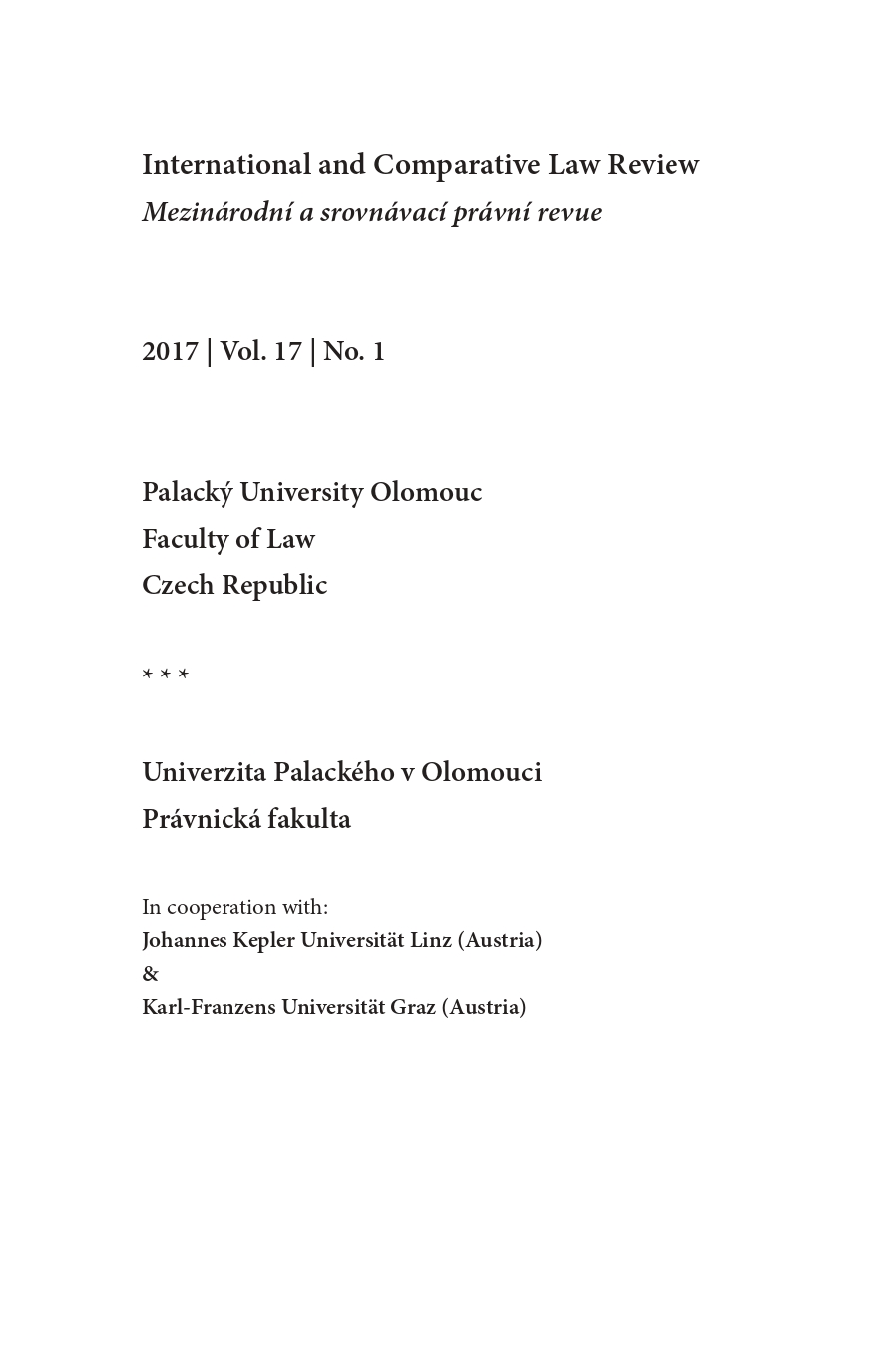
Constitutions and Citizenship: Lessons for African Countries
Since the colonial period in Africa, ruling elites have manipulated laws regulating citizenship to advance their political and economic interests. The European colonialists used citizenship laws to enhance their ability to maintain control over the colonies and minimize the ability of Africans to fight for independence. Many Africans believed that independence and the establishment of new institutional arrangements would allow them to develop a common national citizenship, one in which all the citizens of each country would have equality before the law and be granted equal opportunity for self-actualization within all parts of the country, regardless of their racial or ethnic affiliation. However, in the post-independence period, incumbent political elites have been acting like their colonial counterparts and have used citizenship laws to get rid of critical and opposing voices by depriving these people of their nationality. In 1996, for example, Zambia’s ruling political party, the Movement for Multi-Party Democracy (MMD), adopted a new constitution, which effectively stripped the country’s independence president, Kenneth Kaunda, of his Zambian citizenship and prevented him from challenging the MMD for leadership of the country. Similarly, in 2000, then president of Côte d’Ivoire, Henri Konan Bédié, changed the constitution and introduced a citizenship clause that effectively disqualified the candidacy of his main opposition, Alassane Ouattara. South Africa’s apartheid regime, on the other hand, introduced a raciallybased multilayered citizenship system in which individuals of European origin were placed at the top, enjoying full citizenship rights, and Africans were relegated to the bottom with extremely attenuated citizenship rights. Some African groups were actually forced to lose their South African citizenship. Citizenship is a complex issue and one that citizens of a country must deal with. The paper suggests that in doing so, African countries must not allow citizenship to be defined by race, ethnicity, religion, or other ascriptive traits, but by allegiance or fidelity to a set of values or ideals (e.g., democracy, rule of law, equality before the law) that define the nation.
More...
